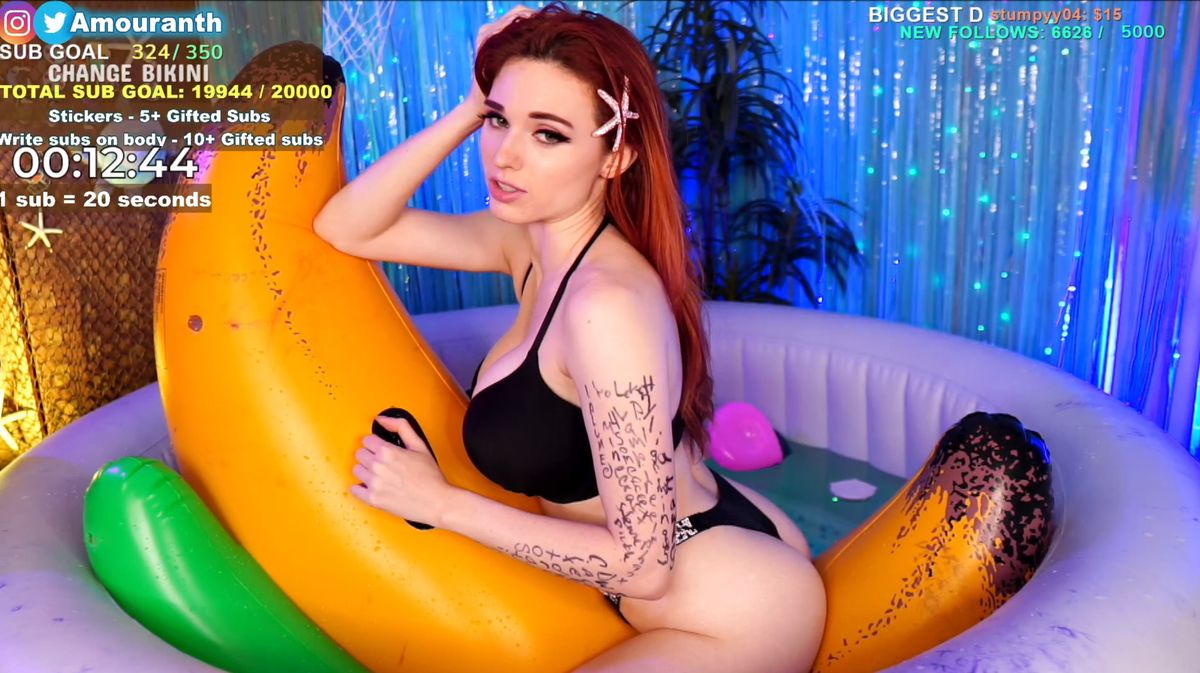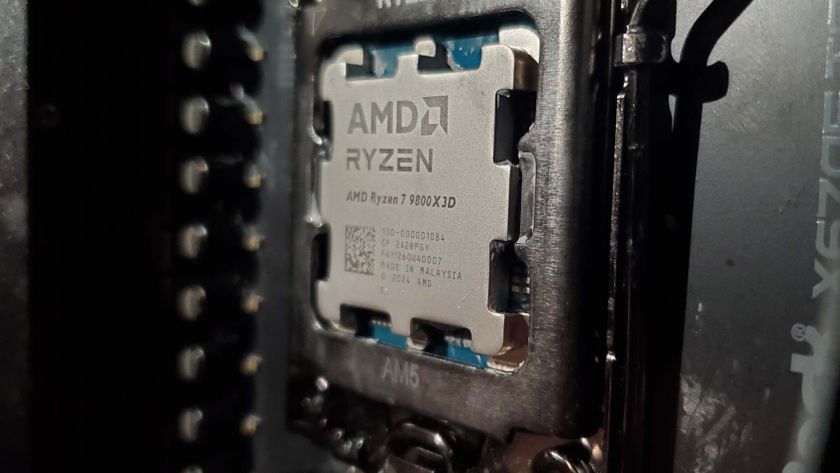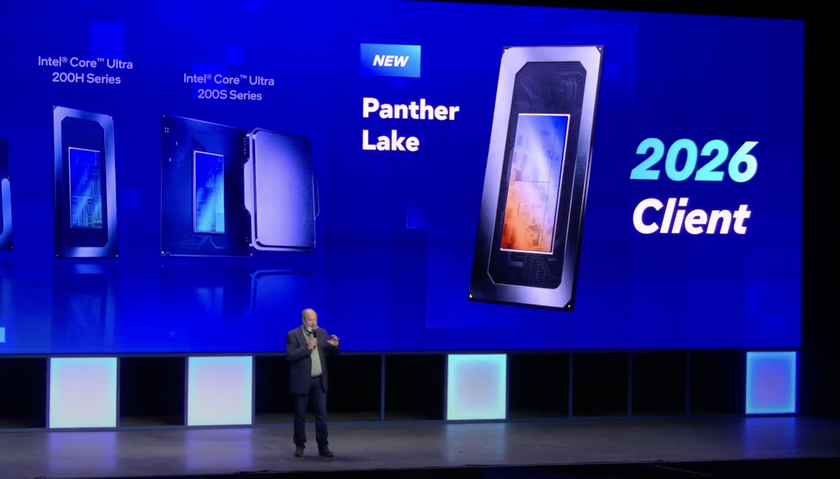Twitch demonetizes top 'hot tub' streamer's ads without notice
Kaitlyn "Amouranth" Siragusa said she only realized that ad revenues had been suspended after her income analytics dropped to zero.

Kaitlyn "Amouranth" Siragusa is a significant presence on Twitch, where she has 2.8 million followers and more than 19,000 subscribers according to TwitchTracker. Despite that, her ability to run advertisements in her videos has been suspended by Twitch without notification or explanation except that, according to Twitch, her streams are "not advertiser friendly."
"Yesterday I was informed that Twitch has indefinitely suspended advertising on my channel," Siragusa tweeted. "Twitch didn't reach out in any way whatsoever. I had to initiate the conversation after noticing, without any prior warning, all the ads revenue had disappeared from my Channel Analytics."
"This is an ALARMING precedent and serves as a stark warning that although content may not ostensibly break community guidelines or terms of service, Twitch has complete discretion to target individual channels & partially or wholly demonetized them for content that is deemed 'not advertiser friendly', something that there is no communicated guideline for. This leaves open-ended the question of where the line is drawn."
This is an ALARMING precedent and serves as a stark warning that although content may not ostensibly break community guidelines or Terms of service, Twitch has complete discretion to target individual channels & partially or wholly demonetized them forMay 18, 2021
Siragusa is undeniably a polarizing figure on Twitch. She's a regular hot tub streamer—a relatively new phenomenon that's essentially the same as "Just Chatting," except the streamer wears a swimsuit while lounging in a hot tub or pool—and has previously had her channel suspended outright for streaming inappropriate content. She's also faced criticism, no small amount of it abusive, for her overtly sexualized content, although to be clear the streams do not violate Twitch's content guidelines:
"Swimwear is permitted as long as it completely covers the genitals, and those who present as women must also cover their nipples. Full coverage of buttocks is not required, but camera focus around them is still subject to our sexually suggestive content policy. Coverage must be fully opaque, even when wet. Sheer or partially see-through swimwear or other clothing does not constitute coverage."
Regardless of what you think of the streams themselves, Siragusa's point is valid: The issue here isn't the suspension itself but that it was based on guidelines that streamers aren't made aware of, and imposed without warning.
"I asked my [Twitch] partner manager why my ads were showing 0 after May 7, and she initially expressed surprise as well and even introduced me to upcoming ads products that were rolling out," she told Kotaku. "After inquiring internally, it seems she came back with a prepared statement. They made clear that ads were off the table in the short term. They vaguely alluded that not all content allowed under [terms of service] is appropriate for all advertisers."
The biggest gaming news, reviews and hardware deals
Keep up to date with the most important stories and the best deals, as picked by the PC Gamer team.
In a stream that ran yesterday, Siragusa said that her monthly ad revenues ran as high as $40,000 prior to the suspension. That amount is greater than the monthly donations she receives, she said, although she added that she's "diversified" and thus not entirely reliant on Twitch. Many other streamers aren't that fortunate, however.
"This wasn't me crying at all about, 'Oh no, my ads'," she said "I foresaw something like this coming. I think the scariest issue that people who aren't broadcasters aren't realizing is the stealthy way of not telling you. And that's what I think is the big issue here that the creators are worried about."
Twitch has struggled for years to manage mature content on its site. In 2014 it changed its code of conduct to forbid "topless and 'sexually suggestive' streaming," and tightened them even further in 2018. There's also been some pushback: In 2019, for instance, streamers organized a "SlutStream" day on Twitch to help raise awareness of online harassment, and hot tub streams are pretty clearly intended to push the envelope as well by adhering to the letter of the law, if not quite the spirit.
At the same time, Twitch has faced plenty of criticism for its lack of communication with streamers, perhaps most famously in the 2020 suspension of Dr. Disrespect: A year after the fact, we still have no idea why his channel was permanently banned and it seems likely we never will. But as Siragusa said on Twitter, streamers at least have guidelines to go by with respect to what content is allowable on the platform; determining what is and isn't "advertiser friendly" at this point seems almost entirely opaque.
I've reached out to Siragusa and Twitch for more information, and will update if I receive a reply.

Andy has been gaming on PCs from the very beginning, starting as a youngster with text adventures and primitive action games on a cassette-based TRS80. From there he graduated to the glory days of Sierra Online adventures and Microprose sims, ran a local BBS, learned how to build PCs, and developed a longstanding love of RPGs, immersive sims, and shooters. He began writing videogame news in 2007 for The Escapist and somehow managed to avoid getting fired until 2014, when he joined the storied ranks of PC Gamer. He covers all aspects of the industry, from new game announcements and patch notes to legal disputes, Twitch beefs, esports, and Henry Cavill. Lots of Henry Cavill.











